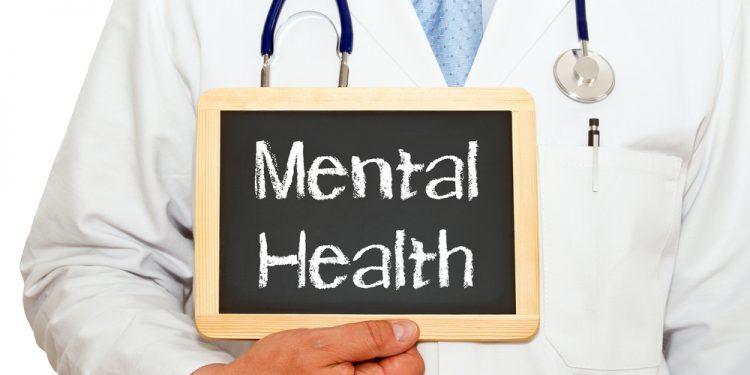Almost one-fifth, or 19 per cent, of Aviva’s Group Income Protection claims were for mental health, trailing only cancer in 2023, which accounted for around a quarter of Aviva’s claims.
According to Aviva, mental health issues accounted for half of all rehabilitative support cases.
Meanwhile, group income protection scheme members used the Thrive Mental Wellbeing app over 69,000 times and visited Aviva’s Wellbeing Library over 36,000 times last year.
Additionally, Care’s EAP programme received over 30,423 requests for counselling assistance. Nearly half of these encounters or 48 per cent were about personal emotional wellbeing, up from 43 per cent in 2022.
Out of the 10,743 mental health consultations booked through Square Health’s Aviva DigiCare+ and Aviva DigiCare + Workplace apps, nearly seven out of 10 or 69 per cent were made by employees protected by a group protection product, with all consultations available within 48 hours.
Anxiety, depression, and stress were the most common issues expressed by service consumers.
Aviva Group Protection insight and wellbeing manager Sophie Mairs says: “It’s clear that claims for mental health are increasing but mental health isn’t a new concern. Over the past few years, we’ve enhanced our wellbeing support and built our claims management capabilities in this area.
“Our wellbeing support is empowering employees to manage their own mental health and enabling them to quickly access support when they need it most. When more support is needed, specialist services such as our mental health pathway really help employees’ rehabilitation. Almost nine in ten employees completing mental health rehabilitation via our Group Income Protection last year successfully returned to – or remained at work and, of these, 96 per cent returned to work within the scheme deferred period.”
Mairs says: “Our mental health training for employers and employees went from strength to strength in 2023, with record numbers attending, and engagement with the content in our Line Manager Toolkit continues to be strong.
“Employers play a crucial role when it comes to spotting the signs of mental ill-health and managing mental health concerns in the workplace. So, it’s great to see that there’s a real appetite to improve their understanding of mental health and their confidence when supporting employees.”





